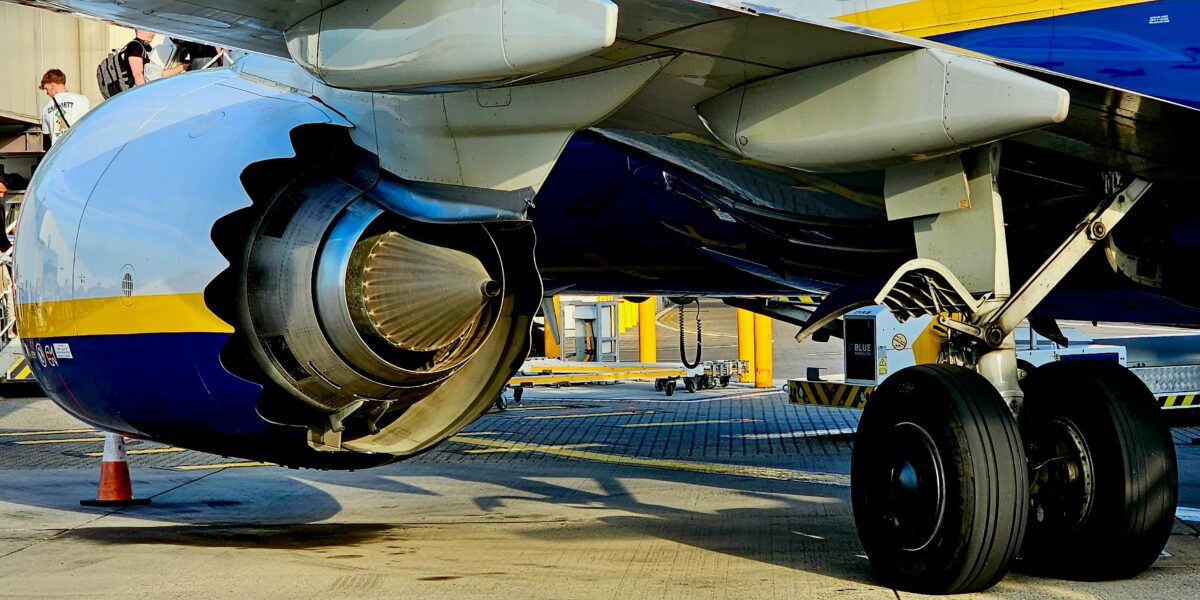Morris Airport: A Comprehensive Overview
Morris Airport is a small regional airport located in the heart of the United States. While it may not be as bustling as some of the nation’s major hubs, it plays a crucial role in local economic development and transportation. This article delves into its history, operations, and significance.
History of Morris Airport
The airport was established in the mid-20th century, during a period of expansive growth in aviation. Its strategic location made it an ideal spot for serving the nearby community and businesses. Initially, it served primarily as a private airstrip but soon expanded to accommodate public flights due to increased demand. Over the decades, Morris Airport has undergone several renovations and upgrades to keep pace with technological advances in aviation and to enhance passenger safety and comfort.
Facilities and Infrastructure
Despite its modest size, Morris Airport boasts a range of facilities. It has one main runway suitable for small to medium-sized aircraft. The runway is equipped with lighting and navigational aids to support night operations and ensure safety during various weather conditions. The terminal building, though compact, provides essential amenities including a waiting area, restrooms, and car rental services. There is also a small café that caters to passengers and staff, offering light refreshments and snacks. Additionally, ample parking space is available, with options for short-term and long-term stays.
Operational Aspects
Morris Airport operates under the Federal Aviation Administration’s regulations, ensuring compliance with national safety and operational standards. The airport supports both general aviation and scheduled passenger services. Its air traffic control is managed by a team of skilled professionals dedicated to coordinating aircraft movements efficiently and safely. The airport is also host to several aviation-related businesses, including flight schools, charter services, and maintenance facilities, contributing to its vibrant community.
Economic Impact
This regional airport plays a significant role in the local economy, providing numerous jobs and supporting small and medium enterprises. By facilitating tourism and business travel, it attracts visitors who contribute to the local hospitality and service sectors. The presence of Morris Airport also makes the area more appealing to businesses that rely on quick and convenient air transportation. Furthermore, the airport’s operations generate revenue that aids in maintaining and upgrading its facilities.
Community Engagement
Morris Airport maintains a strong connection with the surrounding community. It regularly hosts open days and events to engage locals and raise awareness of its services. These events often feature static aircraft displays and offer insights into the workings of the airport. Educational outreach programs are conducted in collaboration with local schools, aiming to inspire the next generation of pilots and aviation professionals. The airport management emphasizes sustainability and community involvement, ensuring that its operations have minimal adverse effects on the local environment and community.
Future Plans
Looking ahead, Morris Airport plans to expand its facilities to better serve its growing number of passengers. This includes lengthening the runway and increasing terminal capacity. There are also discussions on modernizing the air traffic control systems to incorporate cutting-edge technology. The management is considering partnerships with additional airlines to provide more diverse destination options. Efforts to enhance green initiatives are also in progress, focusing on reducing the environmental footprint of airport operations.
Challenges and Opportunities
- One primary challenge is balancing expansion with environmental and community concerns. Increasing airport activities can lead to noise and pollution, issues that require careful management.
- The rise of remote work and virtual meetings poses a potential decrease in business travel demand. However, this also presents an opportunity to focus more on leisure travel and localized services.
- Technological advancements offer the prospect of enhancing operational efficiency. The adoption of sustainable practices could set Morris Airport apart as a leader in environmentally friendly aviation.
- Collaborating with local stakeholders is crucial in navigating regulatory landscapes and securing funding for infrastructure developments.
Morris Airport remains a vital part of the community it serves. Its continued evolution reflects broader trends in aviation and transportation. By embracing change and fostering community ties, it is well-positioned for future growth and success.
“`



